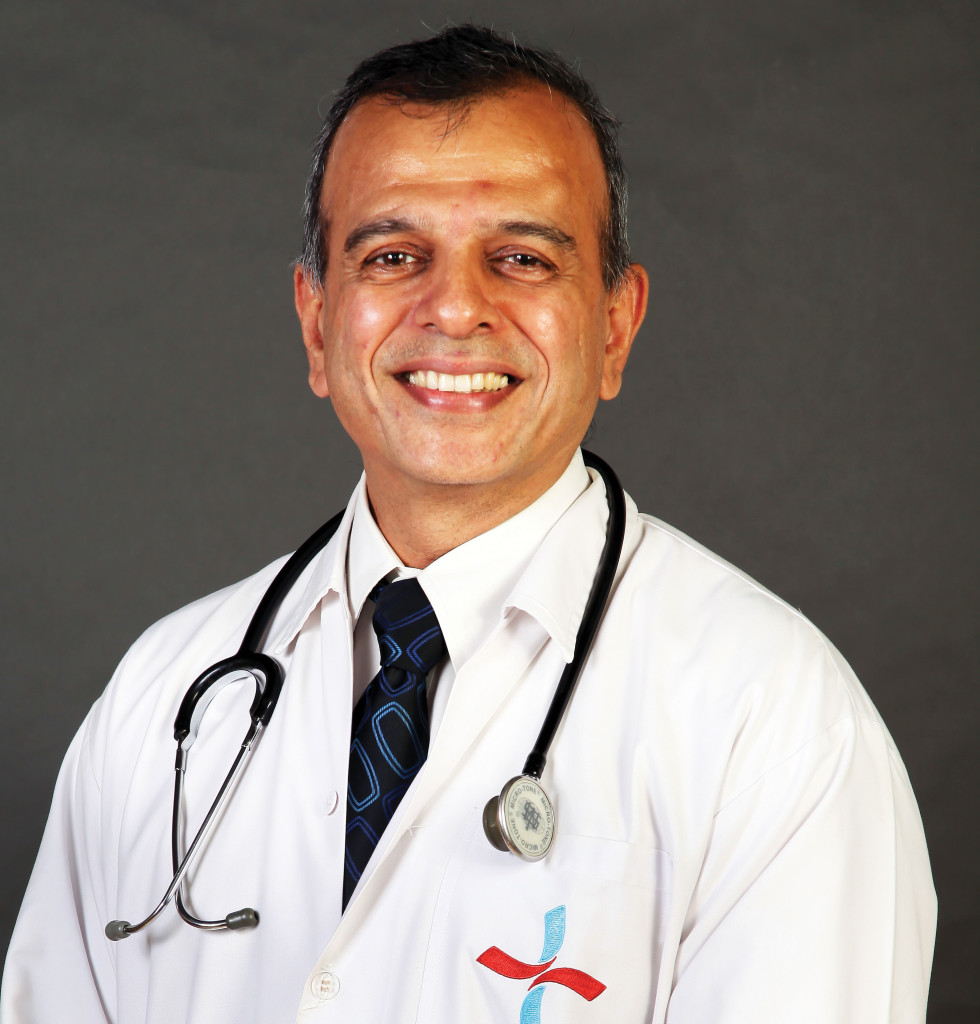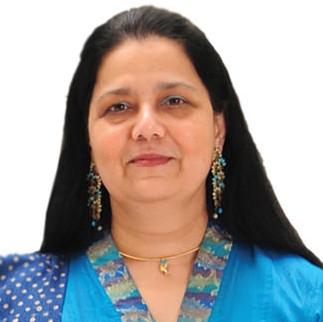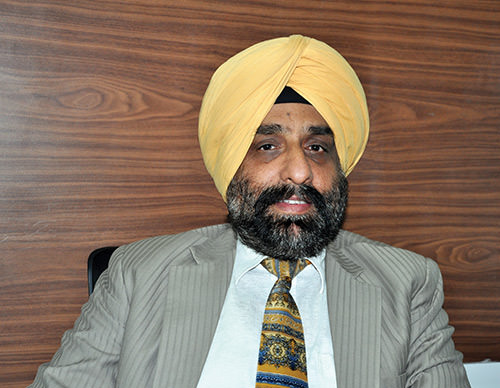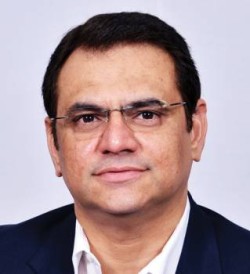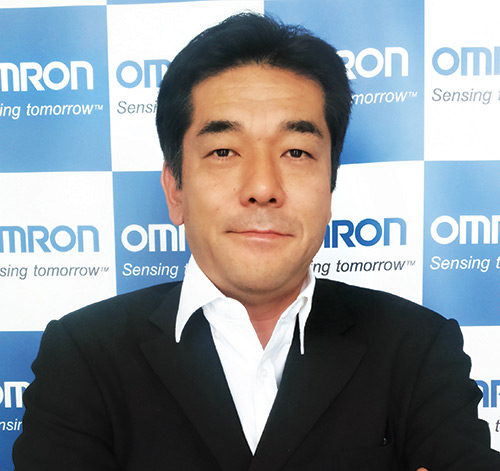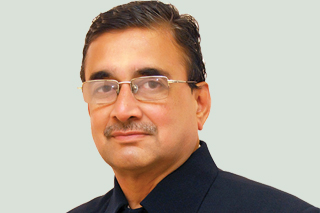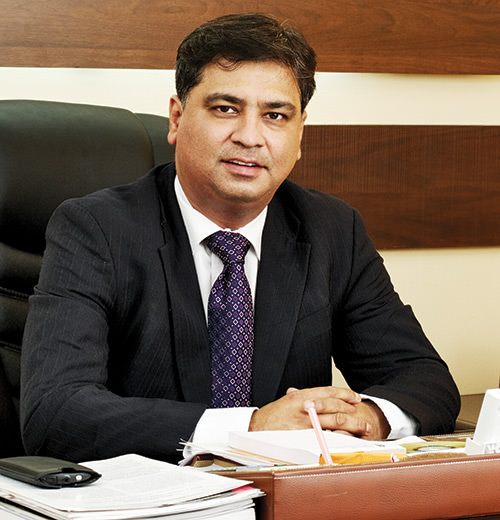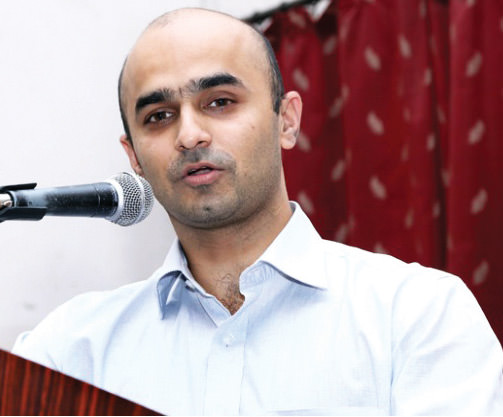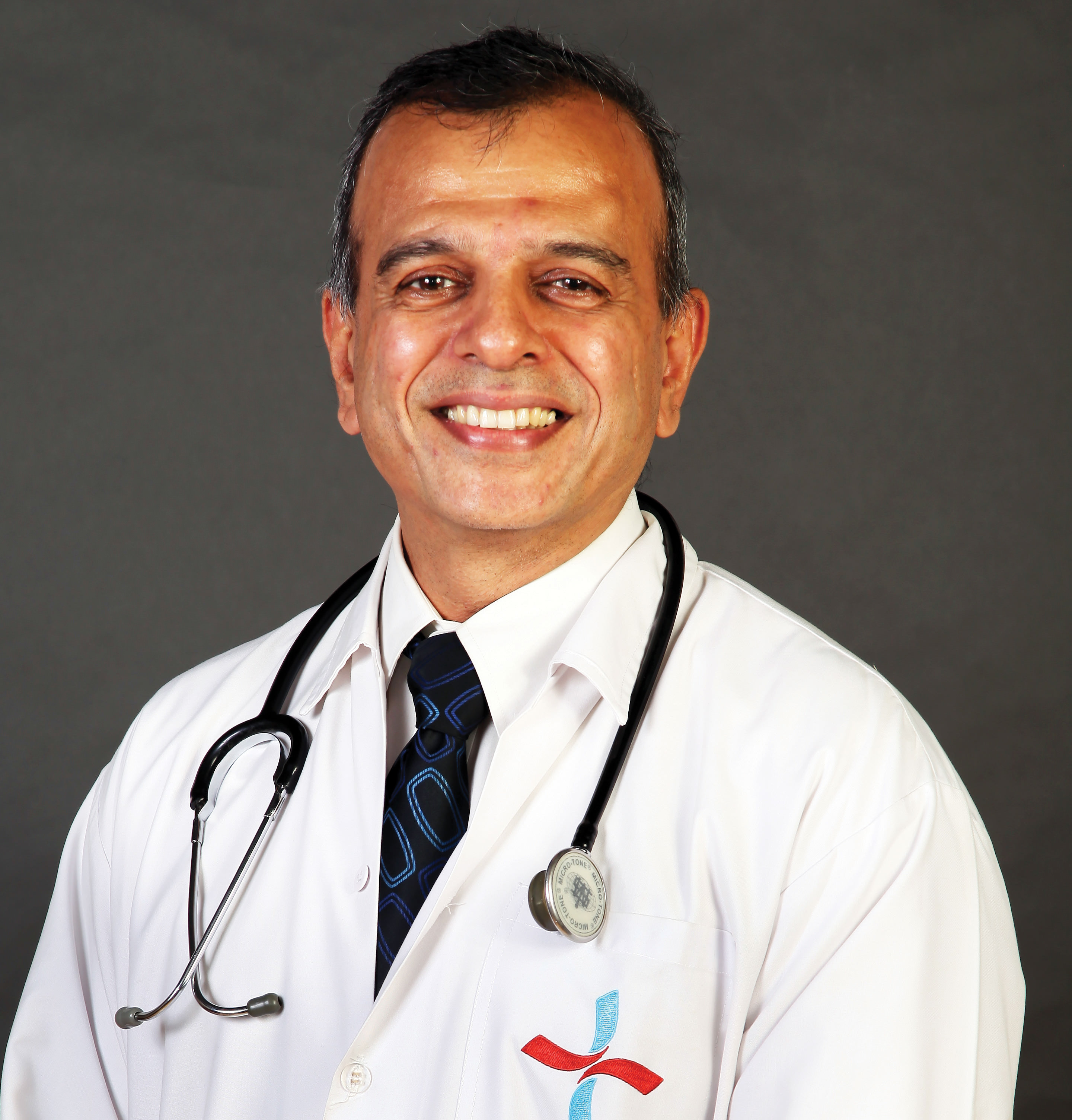
Sahyadri is the brainchild of Dr Charudutt Apte, a Neurosurgeon, CMD of the group. Today Sahyadri is the largest chain of hospitals in the state of Maharashtra. Dr Apte in conversation with Rachita Jha, ENN talks about the hospital & shares his insight on neurology in India
To begin with, please tell us something about your journey so far…

From a humble beginning to the largest chain of hospitals in the state, the journey has been challenging as to be expected. When we started with a small neurosciences unit in Pune 20 years ago, there were hardly any hospitals in the private sphere, which were interested in developing Neurosciences as a major specialty. Apart from Cardiac related services, most of the hospitals were not interested in any other specialty but over last two decades, things have changed so much that one sees specialty hospitals of almost all specialties developing all over the country. This is a very healthy sign of emerging confidence in the Health Care providers about the need & viability of different health care models. We started with a small Neurosciences unit in rented premises in Pune in 1994. A small group of neuro consultants came together & the beginning was truly humble with around 15 dedicated beds. But we ensured that we equipped the unit with all the state of art facilities available at that time & I must say that the response we received from the medical community, as well as from the society at large was very encouraging. Within a matter of two years, we started thinking about expansion & that was the time, many of our friends from vari ous specialties approached us with the idea of joining hands, to start a larger set up with focus of super specialties. In just about 5 years, our Neurosciences unit got recognition across the state & we could summon enough courage & resources to plan a bigger project. We all belonged to the erstwhile middle class & our group as a whole lacked the comfort of strong financial backing but what we lacked here was made up by the enthusiasm & commitment of our comrades. Our dream of a focused specialty hospital came into existence in 2004 & since then we have not looked back. We developed the Hub & Spoke model in Pune by adding 7 community hospitals which apart from offering the local community emergency & higher secondary care, serve as feeders for the Hub & also developed couple of hospitals in the Western part of Maharashtra over last ten years.
Why only in Pune & was it difficult to start a specialty in Neurology as your first venture ?
I & our original group members are from Pune, so the choice was obvious. Starting the unit was not difficult but there was a lot of skepticism in the minds of our well wishers as regards the viability of a Neurosciences Unit. But within a matter of few months, it became obvious that there was a huge need for such a facility, which was not appreciated by doctors & honestly even by us. None of us belonged to management branch & we had not done any market survey or any viability study. At that time, having a chain of hospitals was not even on our radar!!

When we talk about Neuro in terms of emergency services of critical care, what are the aspects that are different from the others?
The basic infrastructure & competencies are the same but Availability of a Neuro Physician & Surgeon is the Key Factor. Be it a Stroke or Head Injury, every major decision about diagnosis & treatment from the moment of admission needs them. Critical Care Physicians are important members of the team but not the decision makers. When one compares this with a Cardiac Emergency, the Physician is well versed with it & is capable of managing the medical part well, till the actual intervention, when Cardiologist is necessary. In polytrauma, it is the Critical Care Physician, who manages the show, till actual surgical intervention is needed.
Coming to Sahyadri & the group, where do you see it in the next financial year ?
Next three years is the consolidation phase & we have no plans for any expansion. Since last few years, we have grown inorganically as the opportunities kept of coming & we did not feel like loosing them. The only new venture would be addition of Radiation Oncology in our first hospital.
What are your plans for medical education?
We are accredited for the post gradu- ate courses like many hospitals in the country & are running these courses in various specialties since a few years. We believe that this is a very important activity, which adds hugely to the professional & academic outlook of the hospital & benefits the patients greatly.
“Within five to 10 years, it will be a known thing that medical education is no longer going to be a lucrative business, going by the way it is today”
In terms of medical tourism, do the hospitals attract a lot of foreign patients & are you prioritizing it?
We have been getting patients from the Pacific Islands, mainly Fiji but the number is small & due to very many reasons, that is not our priority for the present either. We have a PPP with Govt of Fiji, whereby our teams go there to perform specialty surgical procedures.
What are the different ways do you think that the government can come up with?
For the yawning gap between the need for these services & the availability, I firmly believe that PPP is the most logical way to proceed & I understand that various state governments have started the exercise of entering into PPP arrangements for Radiology & Laboratory Services
But when you look at Tier 2 or 3 cities, especially Tier 2 cities like Nashik & Kolhapur, where people are venturing, do you think it is up to the mark?
These are expanding cities & more over, population around are recognizing these as reliable medical centers. 25 years ago, people from Pune would go to Mumbai for any major medical care, in spite of fairly good availability in Pune. So it is not only the question of making a good facility available but for its viability, peoples perception has to be favorable & this takes time. We were the first to give tertiary care facilities & started Neuro & Cardiac facilities, including surgeries in Karad. But it has taken us almost five years to settle. This becomes a serious issue for the viability of the hospital & we have learnt this lesson a very hard way. Lastly the issue about a large sized corporate set up being considered as competition to the existing nursing homes is also a major hurdle. Though the fact remains that such hospitals are actually working in a Complementary fashion & not competing with them, most nursing home owners do not view us that way. So the challenges in smaller cities are much different than bigger cities & before venturing, it is very essential that all these factors are taken into account.
Be a part of Elets Collaborative Initiatives. Join Us for Upcoming Events and explore business opportunities. Like us on Facebook , connect with us on LinkedIn and follow us on Twitter , Instagram.


